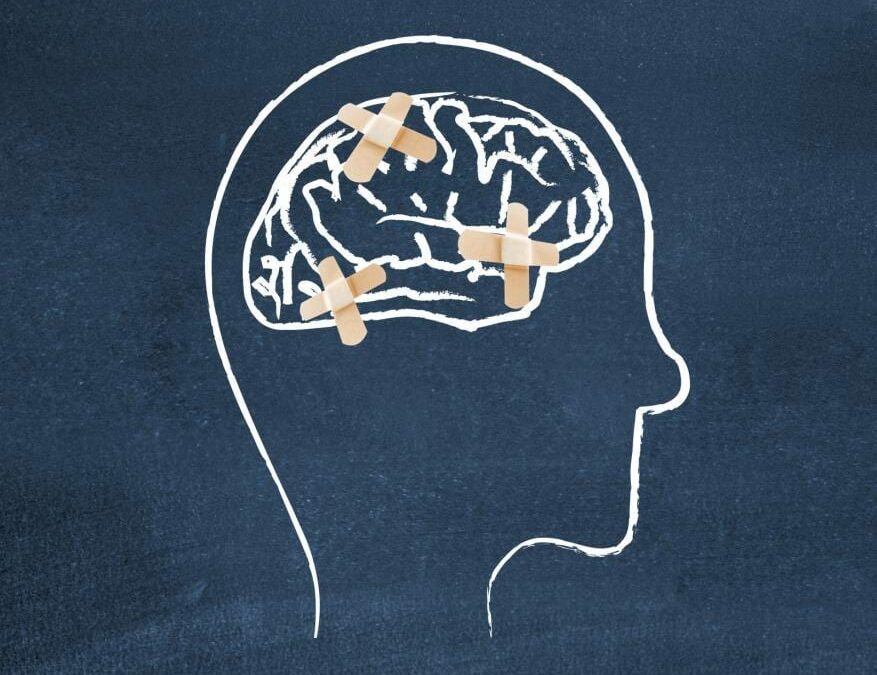In recovery, you learn a lot about your emotions, actions and reaction and the part they play in your addiction. Many people in recovery suffer from bouts of anxiety or depression but don’t think it’s a big deal. However, if you’re depressed, anxious, or have episodes of angry outbursts, it’s time to look at the big picture and address your mental health.
Understanding Mental Health
When we talk about mental health, a lot of people in recovery shut down. After all, isn’t it a big enough challenge to tackle all of the new coping skills that clean and sober living require? It’s true that life in recovery can be a challenge no matter how long you have been sober. At the same time, however, mental health can’t take a back burner to coping with your substance use order.
For many people in recovery, an undiagnosed mental health issue can cause more challenges that are difficult to overcome. If you have panic attacks at the idea of meeting new people, then going to 12-step meetings can seem like an overwhelming challenge. If you’re feeling too depressed to get out of bed, it’s harder for you to meet your obligations in daily life. Recovery isn’t easy, but living with an undiagnosed mental illness can make it very hard to stay clean and focus on daily living.
Many people in recovery find themselves fighting symptoms of mental health disorders. Fighting these symptoms, however, isn’t productive or sustainable. After all, you couldn’t just “fight” symptoms of heart disease or diabetes and expect to get well. The same is true for a mental health disorder. You can’t “will it away” or ignore symptoms and expect to feel better.
Getting Healthier
Mental health is an integral part of your overall health, and if you neglect it, you’re shortchanging yourself. Symptoms from a mental health disorder can also be a trigger to relapse. Mental illnesses such as depression and anxiety have treatments available. It’s important to speak with a professional, such as a psychiatrist (who can diagnose you) and perhaps a therapist who can help you navigate your way to mental wellness.
For the millions of people who receive help for their mental health disorder, treatment calms many of their symptoms.
When you’re battling a substance abuse disorder alongside mental health issues, treatment for your mental health is one more step toward a healthy life. Once you’ve got the right treatment, your moods will be more stable, and you’ll have some solid coping techniques to help with the rest of your symptoms. A diagnosis will also help you understand that your moods are connected to your illness sometimes as often as your circumstances are. Learning to cope with your emotions healthily is a big part with overcoming your challenges in recovery.
Getting Help for Addiction
Addiction is a disease that can take over your life and cause you to live captive to it. We want to help you reclaim your life, and start the journey to recovery. We know we can help! Please give us a call at 877-450-1880 to learn more about your options.

Recent Comments